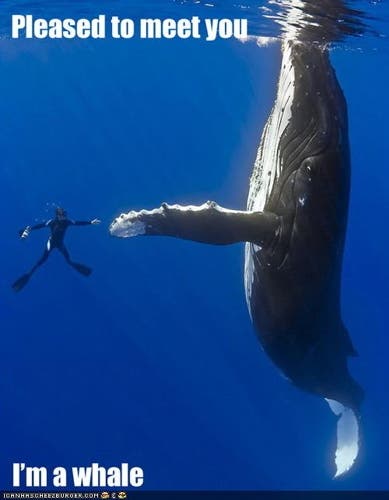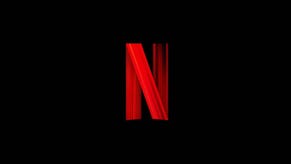OnLive talks about the ins and outs of a console partnership
"We talk to pretty much everyone."
Rumour had it that Sony would announce a game-streaming deal with either Gaikai or OnLive at E3. But Sony did not.
Gaikai then denied to Eurogamer the existence of a deal with Sony.
Which leaves OnLive.
"I can't comment other than to say we talk to pretty much everyone," OnLive UK general manager Bruce Grove told Eurogamer at E3.
"I can't tell you the details of the conversations. It's one of those things where, I can't even remember what the term is - there's 'frenemies'."
Grove said there's "no reason" why OnLive shouldn't be available on any platform. "If something can stream HD and take input, it can run OnLive," he pointed out. And so it becomes a "business discussion".

"For the platforms that are already there, it's important to not - in their world, in their view - cannibalise their existing business," he told us.
"And at the same time," he added, "we are a platform."
"This comes back to the earlier point of what do they do next? What happens next? You clearly can't alienate your existing installed base. Rightly so - you've got hundreds of millions of people of which a large proportion may not have good enough connectivity to do something like this.
"How do we make it so it works together so that everyone comes out happy from it and, ultimately, so that the user doesn't get completely screwed over?"
Bruce Grove, general manager, OnLive UK
"But at the same time, they're all very much pushing connected technologies, they're all pushing video streaming onto their platforms. They're pushing more content and media and they're looking to be more of a media hub than just a pure game console.
"So this fits in there, in some form. And when we have these conversations with different people, it's about how do we make it so it works together so that everyone comes out happy from it and, ultimately, so that the user doesn't get completely screwed over?"
The longer-term aim of OnLive is "to become far more agnostic" and spread across all kinds of platforms - to TVs, Macs, PCs, tablets, presumably consoles and beyond.
"If you take cloud gaming and you lock it to a single platform," Grove said, "it kind of demeans the point of cloud gaming."
But aren't the goals of OnLive diametrically opposed to a console? OnLive is trying to do away with gaming hardware in favour of streaming games from the cloud. Wouldn't the conversations between OnLive and Sony or Microsoft or Nintendo be akin to an irresistible force bumping heads with an immovable object?
"I don't know that there's friction, so much as how do you reconcile the difference in what we're trying to achieve?" answered Grove.
If you're a PC gamer, you build an expensive computer and play games in 2560 x 1600 resolution with the settings cranked up, Grove explained. "But you can't do that on a TV - the maximum resolution of a TV today is 1080p," he said.
"If you look at the content, most people can't tell the difference between 1080p and 720p."
Bruce Grove
"And if you look at the content, most people can't tell the difference between 1080p and 720p. Apart from a very small amount of people - there's this very very hardcore [group] at the edge, and you don't want to alienate them. But then there's a large portion of people who don't want to spend time downloading something."
Grove believes that "most people" are "satisfied" with the trade-off - with running games via OnLive on portable devices.
"There may be a time when you want the big, burning, full-view version, which we can't deliver today - no streaming technology can deliver that today. So, maybe there's a way to make those work together that says you have the big honking PC version for your big honking PC, but you also have the cloud version that makes it more portable when you want it or need it to be. And I don't think they're in conflict," he said.
"The other piece is, as the PC gamer, or even as the maybe the next-generation high-end console gamer, I have to make a commitment to a game that cloud gaming doesn't force me to make. Cloud gaming gives me a convenient and easy way of getting hold of it, but if I'm really committed to a particular game, then I go the extra step to whatever it takes to make it more local.
"Those things can work together, at least for the foreseeable future.
"Consoles aren't going away any time soon - PS2 is still selling in huge numbers. Think about it like that; think about how we make them compliment each other, instead of suggesting that they're all competing with one another."









